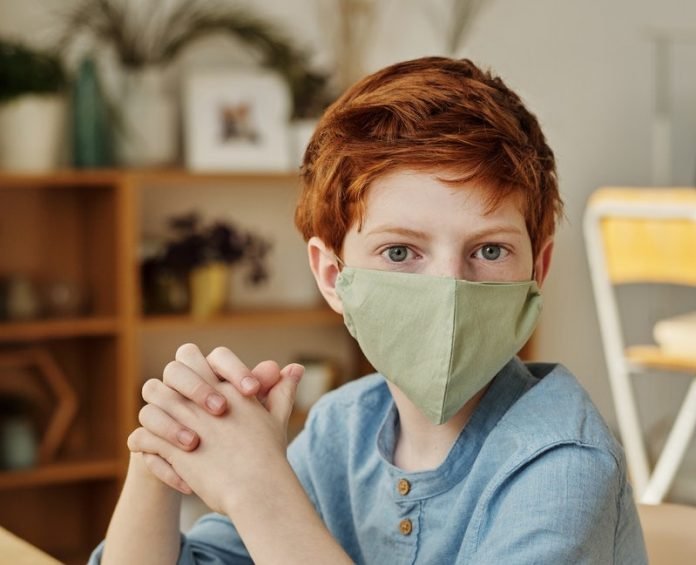
In a new study, researchers found that children and adults produce different types and amounts of antibodies in response to infection with the new coronavirus, SARS-CoV-2.
The differences in antibodies suggest the course of the infection and immune response is distinct in children and most children easily clear the virus from their bodies.
The research was conducted by a team at Columbia University.
One of the striking manifestations of the COVID-19 pandemic is that the majority of children cope well with the virus while older people struggle.
Among the 47 children in the study, 16 were treated at Columbia University Irving Medical Center for MIS-C and 31 children of similar ages had tested positive for the virus after visiting the medical center for the treatment of other conditions.
Half of the children without MIS-C had no COVID-19 symptoms. The 32 adults in the study ranged from severely affected patients admitted to the hospital to those with the milder disease who recovered at home.
Both groups of children produced the same antibody profile, the study found, which differed from that of adults.
Compared with adults, children produced fewer antibodies against the virus’s spike protein—which the virus uses to infect human cells.
The children’s antibodies had the least neutralizing activity, while all adults, including young adults in their 20s, produced neutralizing antibodies. The sickest adults had the most neutralizing activity.
Though it may seem counterintuitive that the sickest patients produce antibodies with the greatest neutralizing activity, the team says that likely reflects the amount of time the virus is present in the sickest patients.
In kids, the infectious course is much shorter and probably not as disseminated as in adults.
Kids may clear this virus more efficiently than adults and they may not need a strong antibody immune response to get rid of it.
In contrast to adults, children also produced very few antibodies against a viral protein that is only visible to the immune system after the virus infects human cells.
That suggests that in kids, the infection doesn’t really spread a lot and doesn’t kill a lot of their cells.
Because children clear the natural virus rapidly, they do not have a widespread infection and they do not need a strong antibody response.
The antibody responses found in children do not suggest that children will have a weaker response to a vaccine, the researchers say.
Vaccines under development for SARS-CoV-2 contain pieces of the virus and do not mimic the normal route of infection.
Though the findings suggest the course of infection in children and adults is different, it’s still not known how the children are able to clear the virus more easily—and what the adult immune system lacks.
The researchers are now looking for differences in T-cell response (antibodies are produced by the immune system’s B cells), especially T cells that reside in the lung.
Children infected with SARS-CoV-2 also may generate a stronger response from the innate immune system, which deploys interferon and cells called macrophages to indiscriminately attack cells infected by pathogens.
Earlier studies suggest that the innate immune response may be delayed in adults infected with SARS-CoV-2.
It’s also possible that the virus is less able to infect children’s cells, possibly because children’s cells express fewer proteins the virus needs to infect human cells.
The Columbia researchers are now testing these possibilities with cells from children versus adults.
One author of the study is Columbia University immunologist Donna Farber, Ph.D.
The study is published in Nature Immunology.
Copyright © 2020 Knowridge Science Report. All rights reserved.



